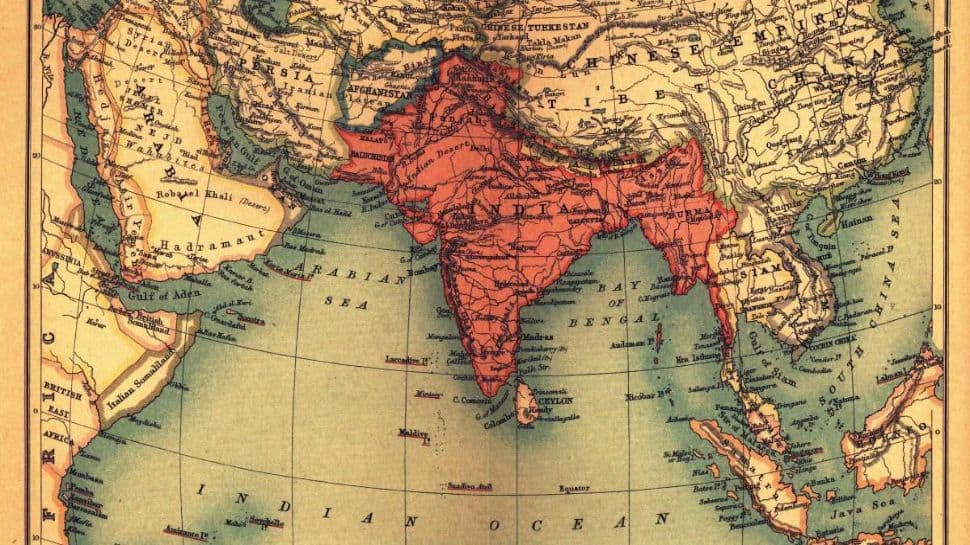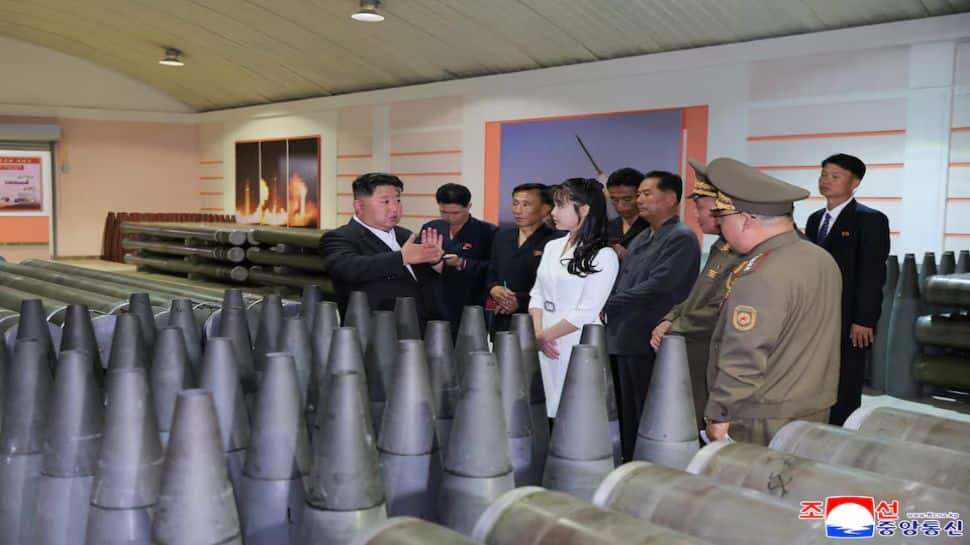The Untold Story Of How British India Once Ruled Over The Gulf – And Then Quietly Let It Slip Away | World News

New Delhi: Winter, 1956. British journalist David Holden stepped off a plane in Bahrain. Palm trees rustled in the desert breeze. The scent of spice lingered in the air. But what caught Holden off guard was not the heat. It was the unmistakable echo of India.
From Bahrain to Dubai, from Abu Dhabi to Oman, the remnants of the British Raj still stood tall. Uniforms stitched in colonial India. Signs in Urdu. Curry lunches served like rituals. Watchmen called ‘chowkidars’ and laundrymen still ‘dhobis’. Here, the British Empire had not yet ended. And in its heart – Delhi still cast a long shadow.
Holden had expected sand, oil and sheikhs. Instead, he found a strange mirror of India – one that stretched far beyond the subcontinent’s borders. What he witnessed was not just leftover colonial tradition. It was something deeper. A lost chapter of Indian history. One that tied the fate of the Gulf to Delhi, in ways that modern memory has nearly erased.
India’s Hidden Empire in the Gulf
From Aden to Kuwait, more than one-third of the Arabian Peninsula fell under British India’s care in the early 1900s. Bahrain, Kuwait and the Trucial States answered to Delhi. Indian Political Service officers governed. Indian troops secured the region. Administratively, the Gulf acted like India’s western frontier.
Laws such as the Interpretation Act of 1889 even treated these protectorates as part of India. In Delhi, Abu Dhabi ranked alphabetically among Indian princely states. Lord Curzon considered granting Oman similar status. Indian passports issued in Aden spoke of Indian authority in the Arabian trade post – Indian control reached even to the bustling ports.
Mahatma Gandhi’s visit to Aden in 1931 drew young Arabs who aligned themselves with Indian nationalist dreams. The story of Indian guardianship stretched far beyond the subcontinent.
Most Indians and Britons never knew this. Maps of British India did not list Gulf states. That secrecy protected British interests against the Ottomans and later Saudi ambitions. Someone likened it to a jealous lover keeping secrets. Gulf history existed in shadows, hidden from public view.
Gulf Independence
In the 1920s, Indian nationalists began to imagine a different future. On April 1, 1937, Britain carved Aden away from India. King George VI announced Aden’s removal from imperial India by telegram. Aden remained under Indian administration for nearly another decade.
After long debate, it became clear neither India nor Pakistan would govern the Gulf after 1937. Many agreed that Arabs should run their own affairs.
By April 1, 1947, from Dubai to Kuwait, all Gulf protectorates formally separated from India and Pakistan. This happened months before the subcontinent’s partition. Then, dozens of princely states merged within the new nations, but the Gulf states remained independent.
Few noticed. Now, 75 years later, much of the Gulf has forgotten its Indian connection. That buried history remains invisible.
A Last Vestige of Empire
In 1947, colonial authorities resisted suggestions to return the Gulf to Delhi or Islamabad. Analysts agreed that Gulf Arabs did not want Delhi’s oversight. Through independence, Gulf states built their own future.
These were the last outposts of the British-Indian empire. Goa and Pondicherry clung to European colonisers. But here, empire quietly withdrew.
As recent as 1971, Indian rupees still circulated. Gulf trade relied on Indian shipping lines. Indian civil servants remained embedded. That year, Britain gave up final political ties in the Gulf. The region found freedom once and for all. The golden age of colonial influence had closed.
By 2009, historian Paul Rich heard stories. A Gulf elder spoke of stealing an orange as a boy and being punished by an Indian official. “Indians enjoyed a privileged status then,” the man recalled.
He now watched Indian workers perform cleaning jobs and felt a change worth seeing.
Once a small corner of Britain’s Indian empire, Dubai is now a towering global hub. Millions of Indians and Pakistanis in the Gulf may never imagine that this all started under India’s shadow.
A quiet administrative handover erased that link. What remains is memory and a question – what if history had taken another path?





